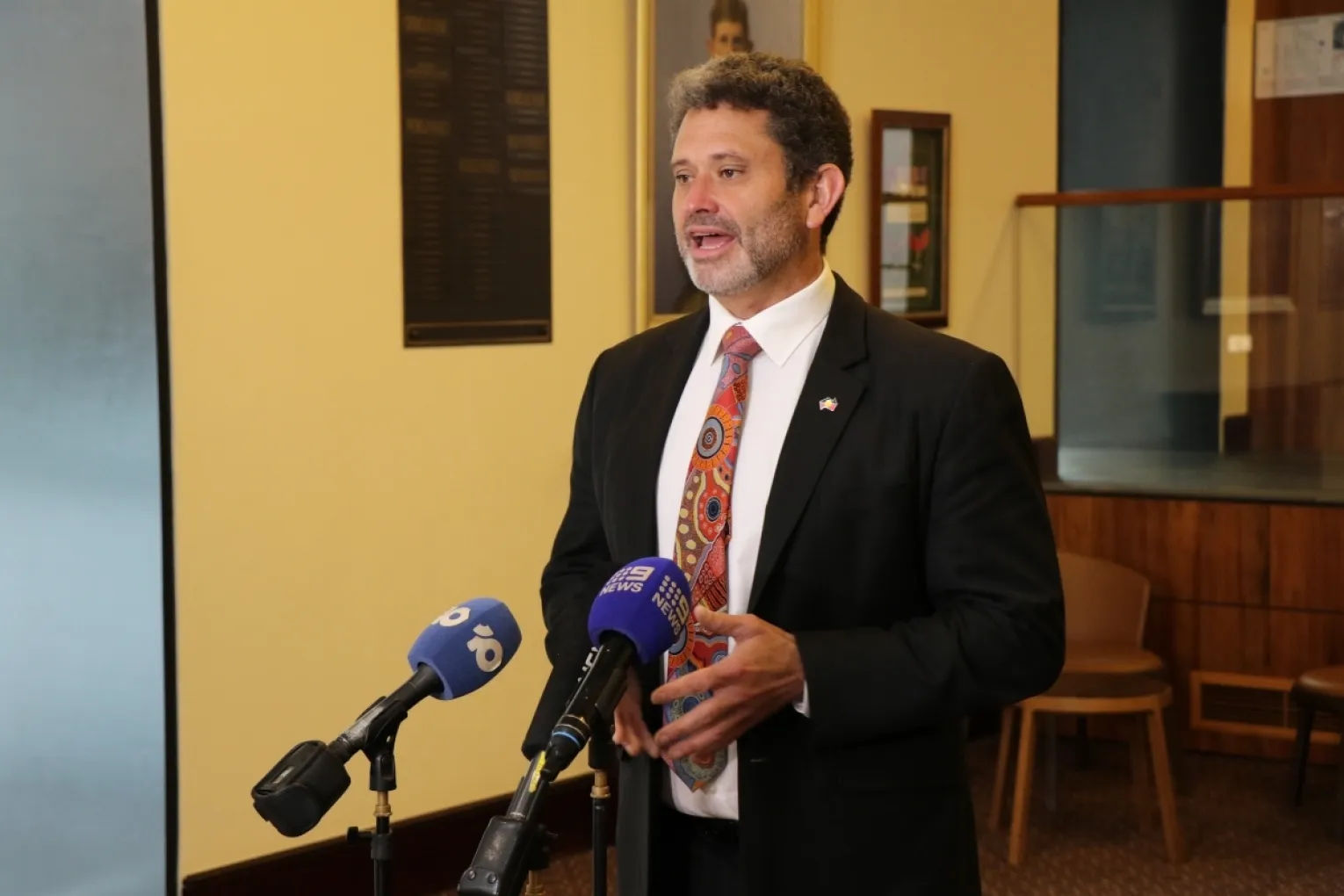Lobbying laws review as Deputy Premier slams anti-abortion protestors
South Australia’s lobbying laws will be reviewed by an “expert panel”, with SA’s Deputy Premier criticising the “vilification that has been used outside of parliament” by pressure groups over last night’s controversial abortion bill.

Deputy Premier and Special Minister of State Kyam Maher today announced the establishment of an “expert panel” to review the state’s lobbying laws, saying that South Australia “is leading the way in democratic reform in getting money out of politics and helping restore trust in politics”.
“We want to make sure South Australians can feel comfortable that in terms of the decisions their government makes, they are based on the best interests of South Australians, not on vested interests,” he said.
According to Maher, the review aimed to make South Australia’s lobbyist laws “fit for purpose”, with the review panel tasked with making recommendations for reform.
The panel would include Justice Mark Livesey, who is president of the Court of Appeal, alongside Flinders University adjunct professor Peter Sandeman and Adelaide University deputy vice chancellor (academic) John Williams, who on Monday gave evidence to a Senate inquiry about the “unprecedented” merger of the universities of Adelaide and South Australia.
Asked if the review would cover groups who joined a protest outside Parliament House last night supporting a bill to reform South Australia’s abortion laws, Maher said, “Some of the ways that we’ve seen people campaign outside of parliament have been regrettable”.
You might like
“I think some of the methods, some of the tactics, some of the vilification that has been used outside of Parliament, if people step back and have a look at it, I think they’d probably be ashamed of themselves in terms of specific ways that people chose to campaign, the way they chose to treat this sensitive topic,” he said.
InDaily revealed yesterday that followers of anti-abortion campaigner and law professor Joanna Howe, who helped draft the bill, were encouraged to “buy words”, with a prize if the words came up in last night’s abortion debate. Howe did not respond to InDaily‘s questions regarding the “game”.
However, Maher insisted that the review was not “as a result of any specific concern”.
Stay informed, daily
“This is as a result of wanting to keep to the forefront, wanting to make sure our laws are as fit for purpose as they can be, and to keep that mantle that South Australia has of a leader in those democratic reforms,” he said.
Asked what kind of groups might be covered by lobbying laws, Maher said this would be considered by the review panel.
He said the review might look into what activities are covered by lobbying laws and public disclosure requirements.
Maher said he hoped the review would be wrapped up by the end of the year.
“These reforms will help keep our elections fair and keep the democracy where it belongs – in the hands of the people,” Premier Peter Malinauskas said when the reforms came into force in July this year.
Today’s review also comes after the Independent Commission Against Corruption’s (ICAC) report into lobbying and influence in South Australia was tabled in State Parliament last August.
The report was based on work conducted by the commission since early 2023 and made 31 recommendations, including that ministers and shadow ministers “be required to include attendance at networking events, award nights, political fundraising events and other like functions in ‘activity disclosure records’.”
Former Commissioner Ann Vanstone, who led ICAC when the report was tabled, resigned on September 6 2024, just four years into her seven-year term, criticising changes to the ICAC Act which she claimed “damaged the scheme, under the guise of making it more ‘effective and efficient’.”








